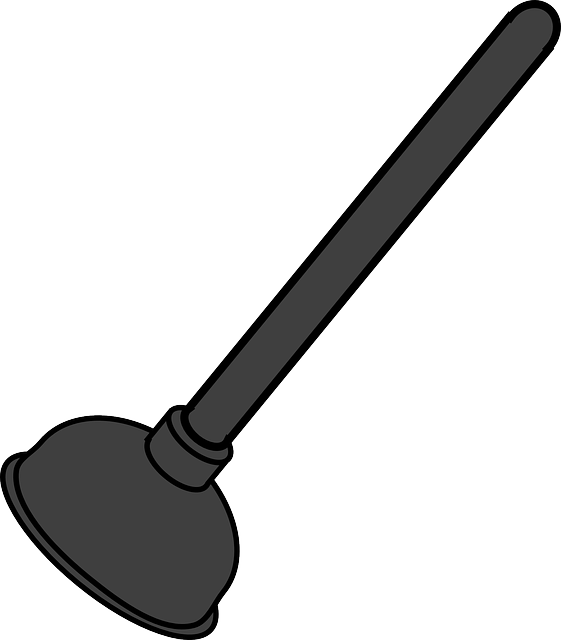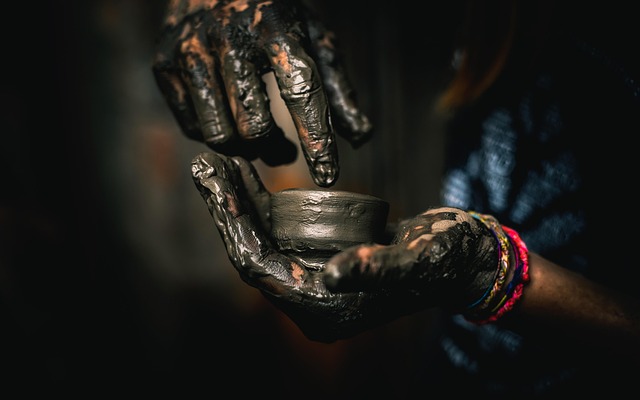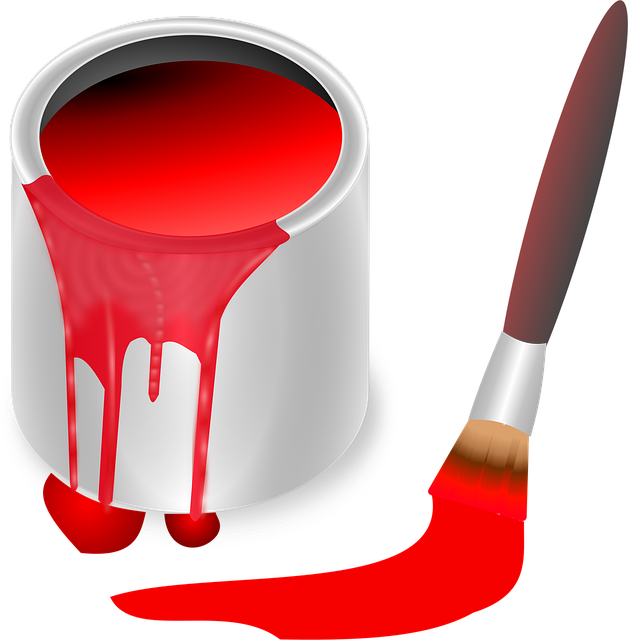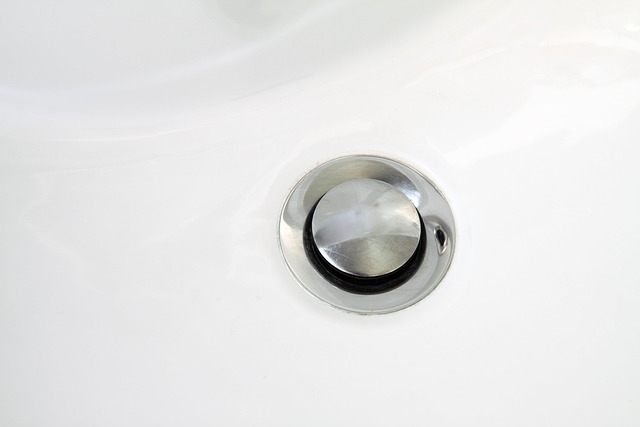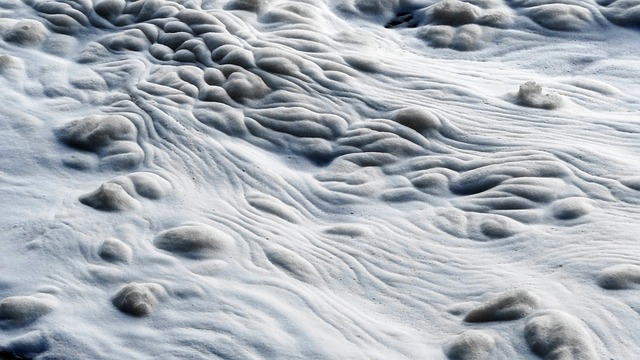This text offers a comprehensive guide to dealing with clogged drains, emphasizing both DIY and professional solutions. For minor clogs, simple methods like plungers, baking soda and vinegar, or hot water are effective. A plumber's snake is recommended for tougher obstructions. Regular maintenance with drain covers prevents future blockages. Natural unclogging methods are eco-friendly alternatives to chemicals. Severe cases or recurring issues may require professional hydro-jetting services to thoroughly clean pipes.
Are you tired of dealing with stubborn, clogged drains? Boiling water can be a simple and effective solution for minor blockages. This article guides you through understanding the causes of clogged drains, busting common myths, and offers DIY methods using everyday items like baking soda and vinegar. Learn when to call a plumber and discover professional techniques with tools like plumber’s snakes. Get your drains flowing freely with these natural unclogging methods.
- Understanding Clogged Drains: Causes and Common Myths
- DIY Solutions: Unclogging with Everyday Household Items
- When to Call a Plumber: Professional Drain Cleaning Techniques
Understanding Clogged Drains: Causes and Common Myths
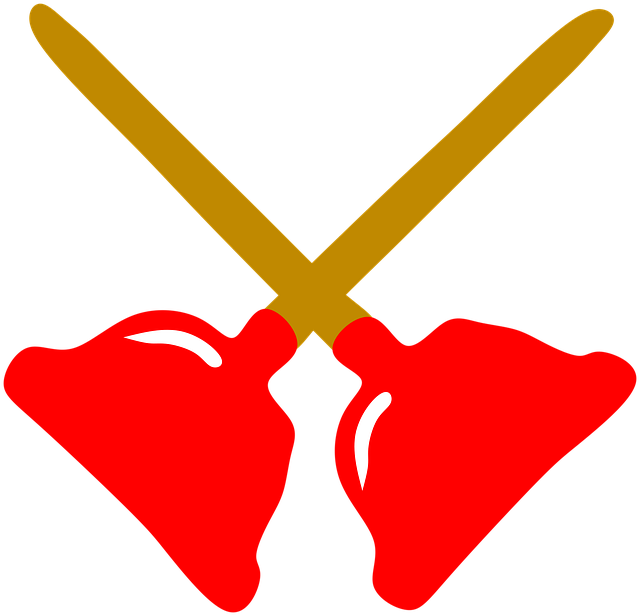
Understanding Clogged Drains: Causes and Common Myths
Clogged drains are a common household issue that many people face at some point. While it might be tempting to reach for a chemical drain cleaner, there are often simpler and more natural solutions available. DIY clogged drain methods like using a plunger or mixing baking soda and vinegar have long been popular choices for homeowners looking to unclog their pipes without professional help. These methods work by disrupting the buildup of grease, hair, and other common blockages that can clog drains over time.
Despite numerous myths circulating online, not all clogs can be fixed with household items. For instance, while a plumber’s snake (a flexible metal rod) can be effective for more severe clogs, it’s not always necessary to call a professional immediately. Regular maintenance like using drain covers and being mindful of what goes down the sink can help prevent clogs from forming in the first place. Additionally, natural unclogging methods are environmentally friendly and safer alternatives to harsh chemicals, making them worth considering before opting for a plumber’s services.
DIY Solutions: Unclogging with Everyday Household Items

When faced with a blocked drain, reaching for a DIY solution can be a cost-effective and eco-friendly alternative to calling a plumber. One simple yet effective method is to utilize everyday household items that many people already have in their kitchens. A common combination is baking soda and vinegar—a natural unclogging duo. Pouring a generous amount of baking soda down the drain, followed by white vinegar, creates a chemical reaction that can help break up minor clogs. The fizzing action stimulates the draining process, pushing the blockage through.
For more persistent clogs, a plunger can be a handy tool to have in your arsenal. Using a sink plunger (or a showerhead plunger for larger drains) with water and force can dislodge obstructions. Alternatively, a plumber’s snake—a flexible metal cable—can reach deep into pipes to grab and remove stubborn foreign objects. These DIY methods offer quick fixes but are best suited for minor clogs; for severe blockages or recurring issues, professional drain cleaning services may be necessary.
When to Call a Plumber: Professional Drain Cleaning Techniques

If you’re dealing with a minor clog that won’t clear with routine maintenance like boiling water or DIY solutions such as baking soda and vinegar, it might be time to consider professional drain cleaning services. While many homeowners opt for a plunger first approach, persistent clogs could indicate a more serious issue within your plumbing system.
Plumbers employ specialized tools like plumber’s snakes (also known as augers) that can navigate curves and reach deep into pipes to break apart or remove obstructions. For stubborn cases, hydro-jetting, which uses high-pressure water streams to cut through built-up grease, hair, and other debris, may be required. These professional techniques offer effective long-term solutions for clogged drains compared to temporary fixes from DIY methods.

